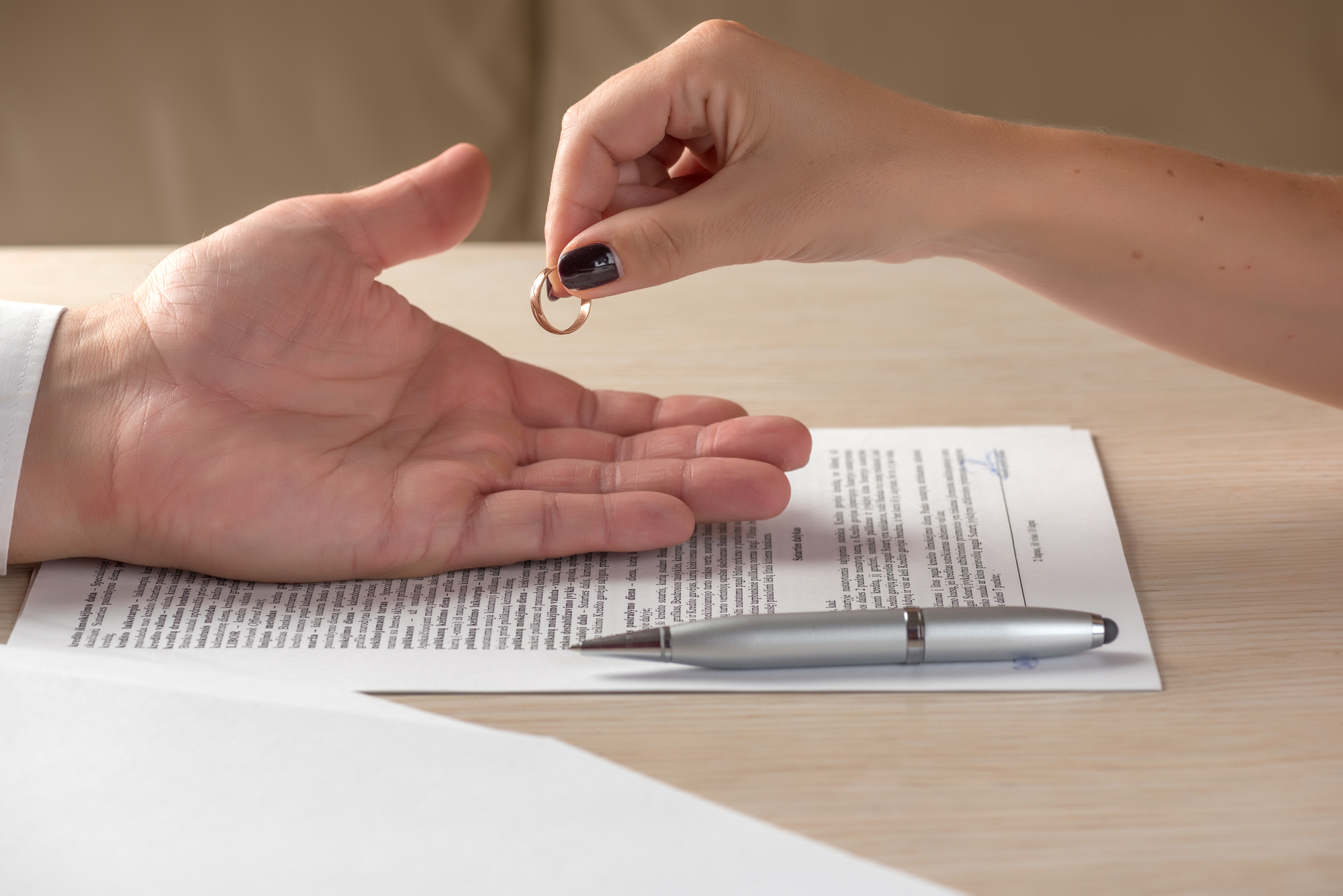Plea bargaining is widely accepted and used in the criminal justice system in Florida and throughout the U.S. It is seen as beneficial to defendants and the state for various reasons. However, defendants facing charges must be aware that entering a plea bargain without a plea bargain attorney in Florida can potentially land them in worse legal problems.
What Exactly Is a Plea Bargain?
A plea bargain is an agreement between a prosecutor and a defendant. It typically requires that the defendant plead guilty to lesser charges in exchange for having the original charges dropped or dismissed. The charge the defendant pleads guilty to in a plea deal is usually somehow related to the original charge.
For example, if an individual is arrested for drug trafficking, their lawyer for plea bargain case may eventually be able to plead the drug trafficking charge down to a possession charge. But the prosecutor must agree to the plea. If they don’t, it is the job of the Florida plea bargain attorney to convince them otherwise.
A plea bargain case might also deal with sentencing instead of charges. In exchange for a lighter sentence, a defendant might agree to plead guilty to the original charges.
In all plea bargaining cases, a judge must eventually sign off on the deal before it becomes official. And although judges often defer to Florida prosecutors on these matters, judges are not simply rubber stamps for plea arrangements. If there are certain aspects of the deal that they don’t like, a judge can throw the deal out or ask to have it substantially modified.
Types of Pleas in Plea Bargains
Defendants charged with a crime will generally be given the option to either plead no contest or plead guilty to a plea deal, depending on the circumstances. And although the two types of pleas share many aspects, they are quite different in many others.
No Contest vs. Guilty
A guilty plea is both an admission of guilt and an admission of the facts of the case. When a defendant pleads guilty, they are essentially stripping away every defense and potential future defense against the criminal charges they are facing, and they open themselves up to significant liability from a civil suit stemming from the same incident as the criminal charges.
For example, if a defendant pleads guilty in a plea bargain case based on drunk driving, the victims of the drunk driving wreck can use that plea against the driver in a civil suit for damages because of the finding of guilt. However, the same cannot be said for a plea of no contest. A no-contest plea allows the defendant to be punished under the law, but it is not an admission of guilt. Instead, it is a statement that the defendant will not dispute the facts of the case or the punishment. No guilt is ever admitted or imputed officially.
What Are Some Pros of Plea Bargaining?
There are various pros of plea bargaining for both sides of the bench. For prosecutors, the main pro is the amount of time and money saved by plea bargaining. It would be impossible for the state to try every single criminal case within its borders. However, since the Sixth Amendment gives criminal defendants the right to trial, prosecutors must try every case or make a deal with the defendants. The deal, essentially, is to forgo your right to trial in exchange for a lighter charge or sentence.
For the defendant, the main pro is a reduction in charges or sentencing. With a reduced charge, a defendant could be looking at less time behind bars and could potentially avoid certain negative repeat-offender punishments.
What Are Some Cons of Plea Bargaining?
Although plea bargaining is great on many occasions for both sides, there are instances when it is not a pro but a con. For prosecutors, plea bargaining means settling for less. And although the state saves money by not going to trial, it also loses its ability to fully punish an individual for a certain crime.
For the defendant, the main con to plea bargaining is the loss of the right to appeal. When a defendant pleads guilty or no contest in a plea deal, they typically lose their right to appeal. This essentially means that in the future, the defendant cannot appeal to have the plea reversed or thrown out. But there are exceptions to the rule.
Another con is for those defendants who have entered guilty pleas in plea bargaining. As mentioned earlier, a guilty plea opens a defendant up to formidable civil liability, but a no-contest plea does not. Hence, you should review your plea options and decisions with a plea bargain attorney in Florida.
Finally, a plea bargain can lead to negative immigration or visa consequences for non-citizen defendants. Although a defendant might procure a favorable criminal outcome by pleading guilty to a charge, the plea might also cause them to lose their immigration status or face removal proceedings. For this reason, if you are not a citizen, you should seek out a lawyer for plea bargain case who understands the visa and immigration ramifications of guilty and no-contest pleas in plea deals.
When Can You Appeal a Plea Deal?
Plea deals are generally unappealable. However, if the following two conditions are met, the defendant may be able to withdraw their guilty plea:
- There is new, compelling evidence before the court that wasn’t available to the court when the plea was made.
- The defendant would not have pleaded guilty if the evidence had been available.
If the defendant is allowed to withdraw their plea, the state will then likely move toward trial or drop the charges based on the new evidence.
Speak With an Experienced Plea Bargain Attorney in Florida Today
Have you been charged with serious criminal charges? If so, don’t panic. With Panella Law Firm representing you, you can potentially have the current charges against you thrown out in exchange for pleading to lesser charges.
Call our office at 407-602-6559 to schedule a consultation with our team of skilled attorneys for plea bargain and learn how we might help.
Attorney Mike Panella
For Mike Panella, the concept of zealous advocacy developed at an early age – fueled by what he perceived to be an unjust resolution in a personal family legal matter. Mr. Panella would later attribute his passion to defend the rights of those who stand accused to those inequities in the legal system he observed, and considered unjust. Before opening Panella Law Firm, Mr. Panella served as an Assistant Public Defender for Florida’s 18th Judicial Circuit Public Defender’s Office and worked hundreds of cases in both Brevard and Seminole Counties. Mr. Panella was undefeated at trial. [ Attorney Bio ]




